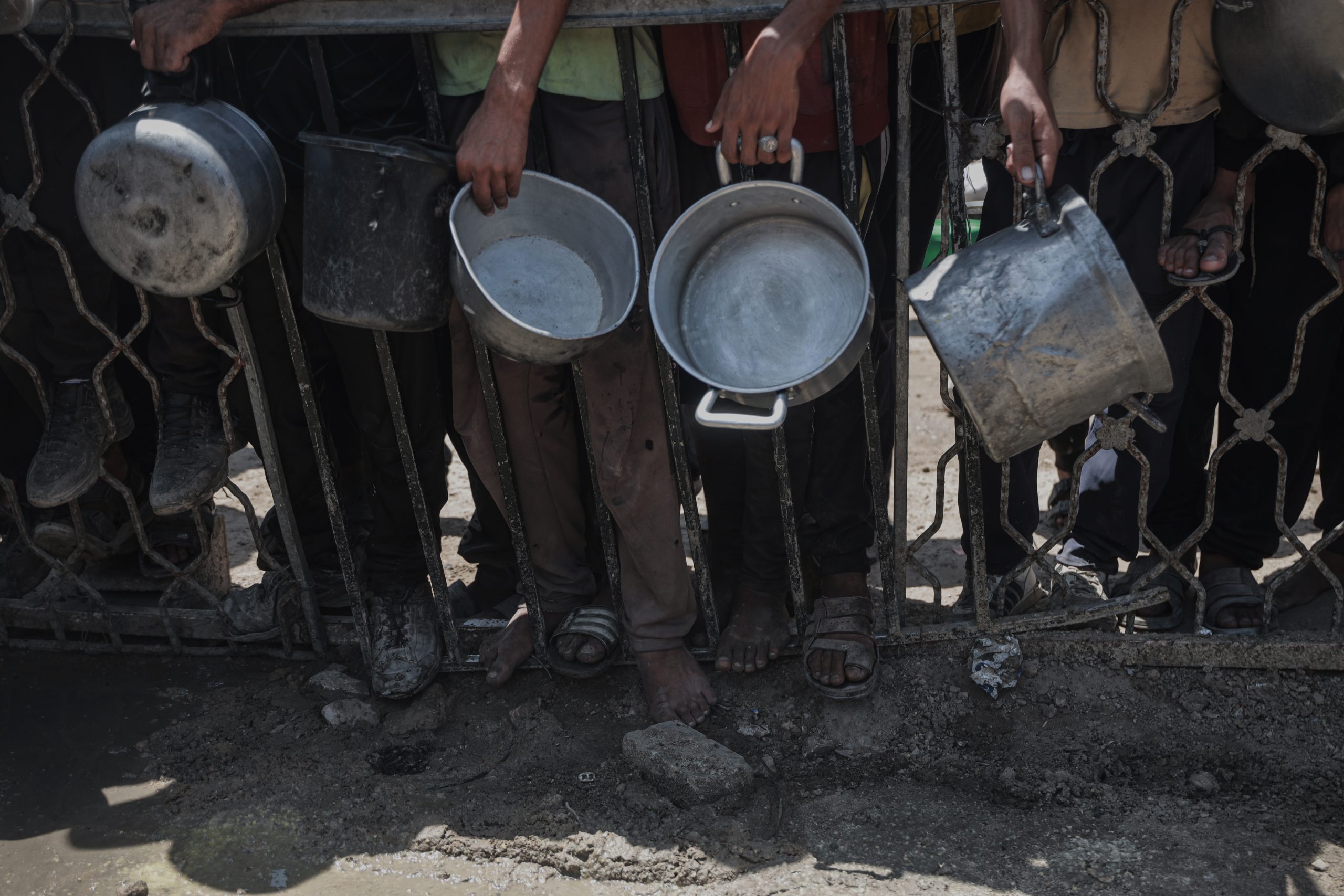**Gaza Under Siege: A Humanitarian Catastrophe Unfolds**
The aftermath of the October 7th Hamas attack on Israel has plunged the Gaza Strip into a deepening humanitarian crisis. While the immediate violence claimed the lives of over 1,200 Israelis and resulted in the capture of hundreds of hostages, the subsequent Israeli response has raised serious concerns about the deliberate targeting of civilians through a near-total blockade. Statements from high-ranking Israeli officials, such as then-Defense Minister Yoav Gallant’s declaration of a “complete siege” with the cutting off of “electricity, food, water, fuel,” paint a stark picture of a deliberate policy aimed at exerting maximum pressure. This strategy, echoing similar sentiments expressed by National Security Minister Itamar Ben-Gvir, who advocated for prioritizing airstrikes over humanitarian aid, has effectively choked off essential supplies to the already vulnerable population of Gaza.
**The Weaponization of Starvation: A Violation of International Law?**
The Israeli blockade of Gaza is not a new phenomenon, but its severity following the October attacks represents a significant escalation. While Israel has long maintained restrictions on the movement of goods and people into and out of Gaza, citing security concerns, the current near-total shutdown constitutes a potential breach of international humanitarian law. The deliberate denial of essential supplies, including food, water, and medical aid, can be interpreted as collective punishment, a prohibited act under the Geneva Conventions. Human rights organizations have consistently documented the impact of past Israeli blockades on the civilian population of Gaza, highlighting the devastating consequences on healthcare, sanitation, and overall well-being. The current situation exacerbates these pre-existing vulnerabilities, pushing the territory towards a full-blown humanitarian catastrophe.
**International Condemnation and the Path Forward**
The severity of the situation has sparked widespread international condemnation. Numerous countries and international bodies have called for an immediate easing of the blockade and the delivery of humanitarian assistance to the suffering population. The United Nations has repeatedly warned of a looming disaster, highlighting the urgent need for access to essential supplies and medical care. However, Israel has defended its actions, arguing that the blockade is necessary to prevent Hamas from obtaining resources that could be used for further attacks. This justification, while presented within a security context, fails to address the disproportionate impact on civilians and the potential violation of international humanitarian law. Finding a path forward that balances security concerns with the urgent need to alleviate the suffering of the civilian population in Gaza remains a significant challenge.
**Conclusion: A Moral and Humanitarian Imperative**
The situation in Gaza demands an urgent and comprehensive response from the international community. While the security concerns of Israel are legitimate, the deliberate infliction of hardship on a civilian population, particularly through the weaponization of starvation, is morally reprehensible and potentially illegal under international law. A sustainable solution necessitates a multifaceted approach that addresses both security concerns and the urgent humanitarian needs of the people of Gaza. This requires concerted international pressure on all parties to de-escalate the conflict and ensure the safe and unimpeded flow of humanitarian aid to those in desperate need. The ongoing crisis serves as a stark reminder of the devastating consequences of conflict and the importance of upholding international humanitarian law. The international community must act decisively to prevent the complete collapse of the humanitarian situation in Gaza.
Based on materials: Vox





